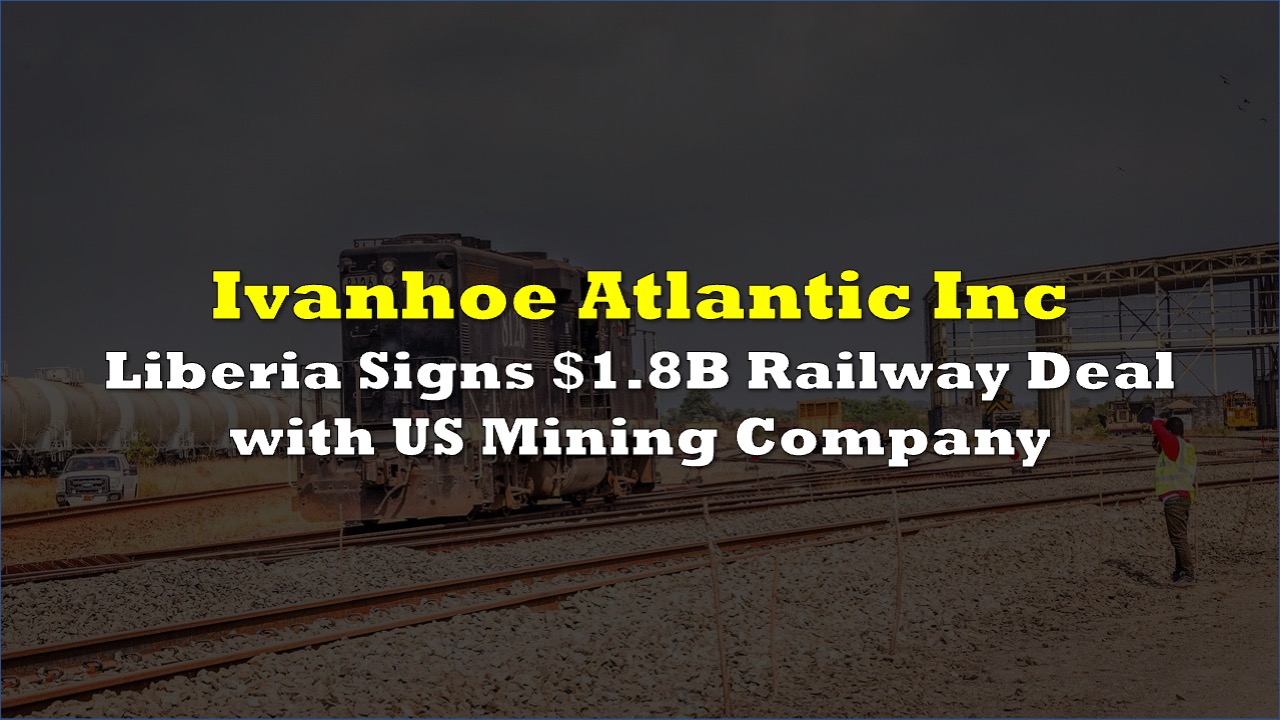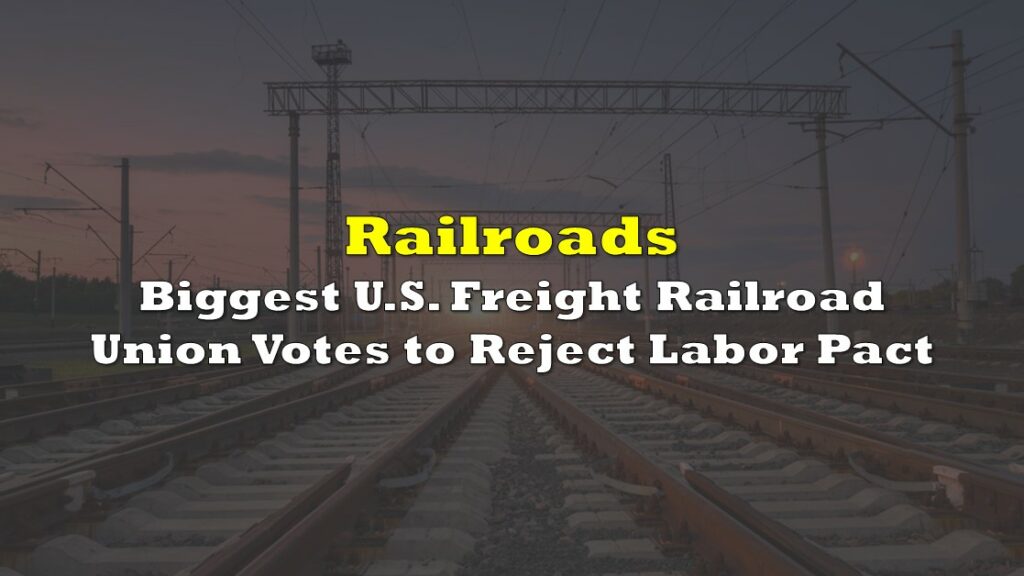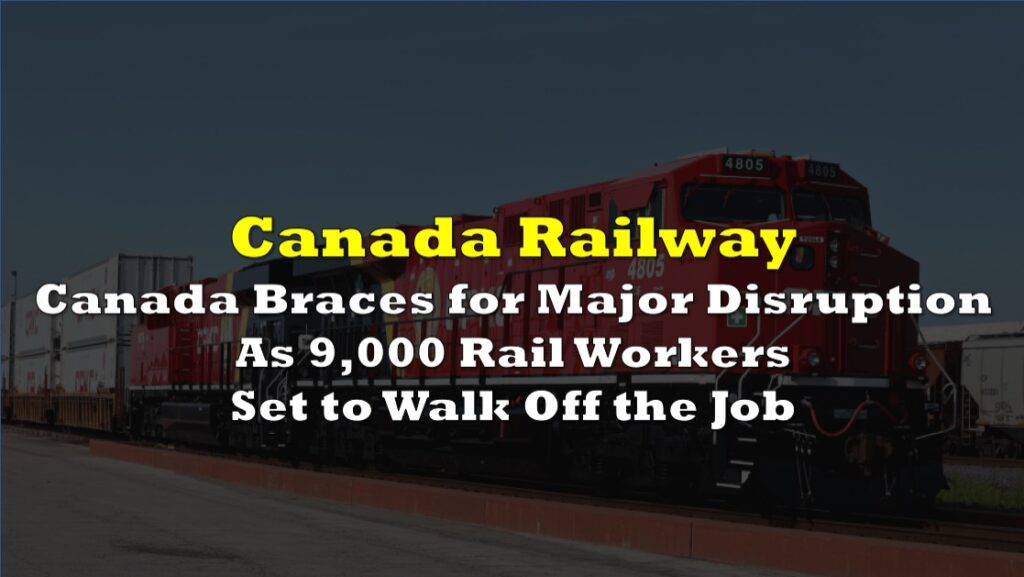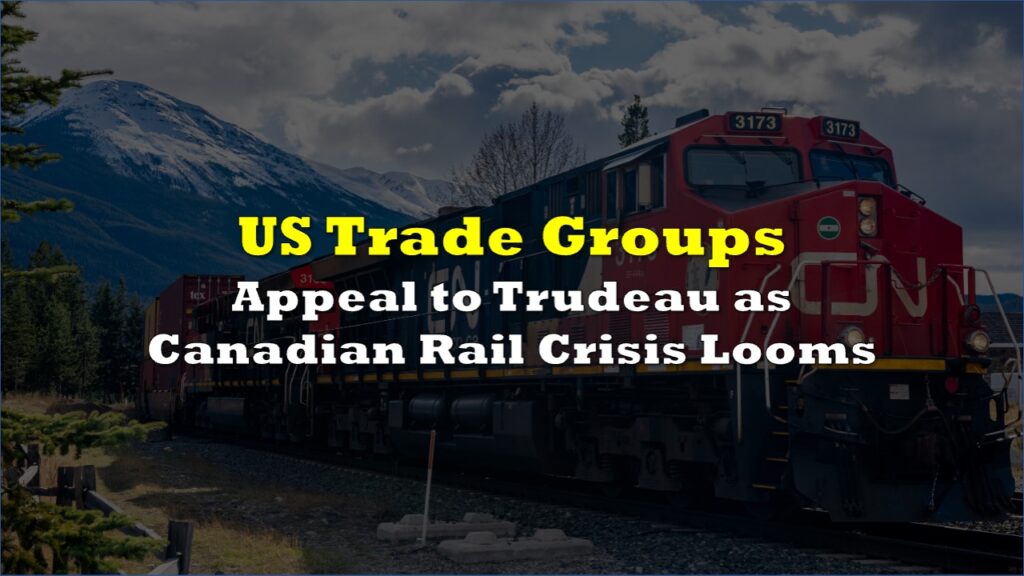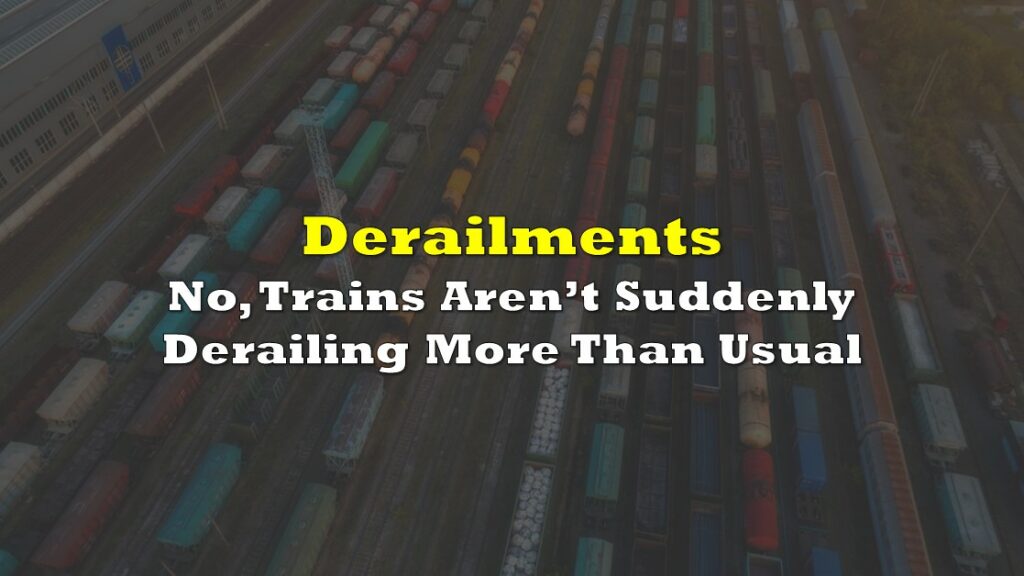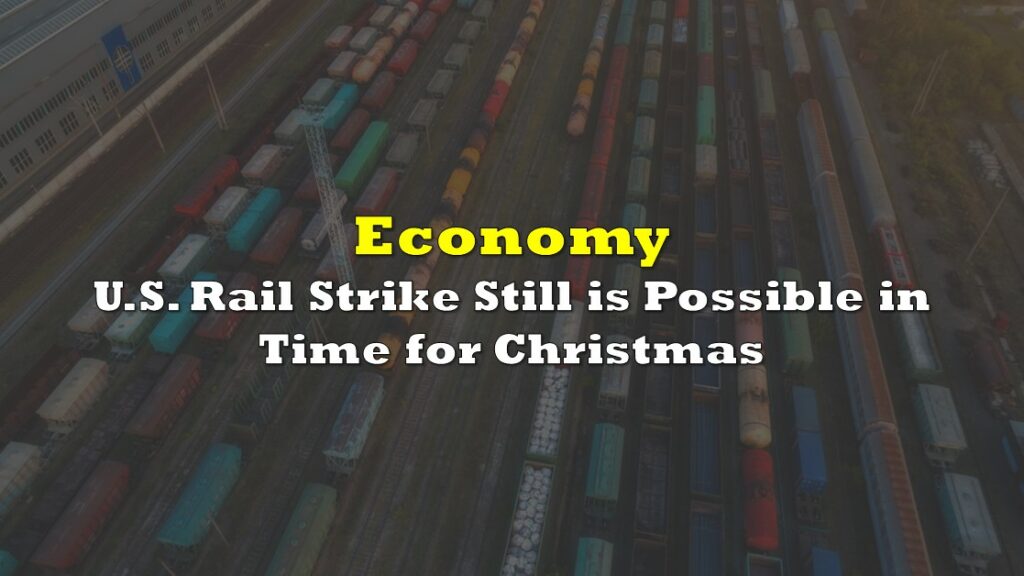Liberia signed a $1.8 billion railway access agreement with US-based Ivanhoe Atlantic Inc. on July 4 that opens the country’s rail infrastructure to the American mining company for transporting iron ore from neighboring Guinea, officials said.
The 25-year deal breaks ArcelorMittal’s two-decade exclusive control over the strategic Yekepa-to-Buchanan railway corridor and constitutes a major private sector investment in Liberia’s post-conflict reconstruction.
This deal is “a crucial step towards President Boakai’s objectives of developing Liberia’s multi-user rail policy and securing new international investment,” the US Embassy in Liberia said in a statement posted on Facebook.
Liberia and Ivanhoe Atlantic have signed a $1.8 billion agreement that’ll allow the US mining company to rehabilitate and use the country’s railway infrastructure to transport iron ore from neighboring Guinea for export.https://t.co/Ni4RISWuGo
— MINING.COM (@mining) July 9, 2025
The agreement allows Ivanhoe Atlantic to rehabilitate and use Liberian rail infrastructure to export high-grade iron ore from its operations in Guinea’s mineral-rich regions. The company holds rights to what it describes as one of the world’s largest iron ore deposits, containing over 750 million tons.
President Joseph Boakai’s administration has forwarded the executed agreement for legislative ratification, a constitutional requirement for major concessions. The deal aligns with Boakai’s Executive Order 136, which established plans for transitioning to an independent, multi-user rail system by 2030.
The corridor sits atop an estimated 12 billion tons of iron ore reserves spanning Liberia and Guinea, much currently held in exploration licenses without access to transportation infrastructure.
Negotiations between Ivanhoe Atlantic, formerly known as High Power Exploration, and the Liberian government spanned over six years across two administrations. The Inter-Ministerial Concessions Committee finalized terms after 18 months of technical discussions under Boakai’s presidency.
The timing proves significant as Boakai prepares to attend a US-Africa economic summit in Washington this week, where Liberia is among only five African nations invited.
However, some lawmakers have criticized the secretive nature of the signing ceremony. Grand Bassa County Representative Matthew Joe expressed disappointment on social media that the legislature was not invited to witness the landmark agreement.
“Even the entire country becomes aware through the US Embassy publication,” Joe wrote on social media, adding that lawmakers “await the agreement to see what is in it for our people.”
The Liberia Chamber of Mines praised the agreement as “a transformational step in Liberia’s economic development” that sends a strong message to international investors about the country’s business climate.
Mining companies with exploration licenses in the iron ore corridor have long sought access to rail and port infrastructure for ore evacuation. The new multi-user framework is expected to stimulate additional investment and competition in Liberia’s mining sector.
ArcelorMittal, which has operated the railway since 2006 under its mineral development agreement, will retain access until its current deal expires in 2030.
Information for this story was found via the sources and companies mentioned. The author has no securities or affiliations related to the organizations discussed. Not a recommendation to buy or sell. Always do additional research and consult a professional before purchasing a security. The author holds no licenses.

